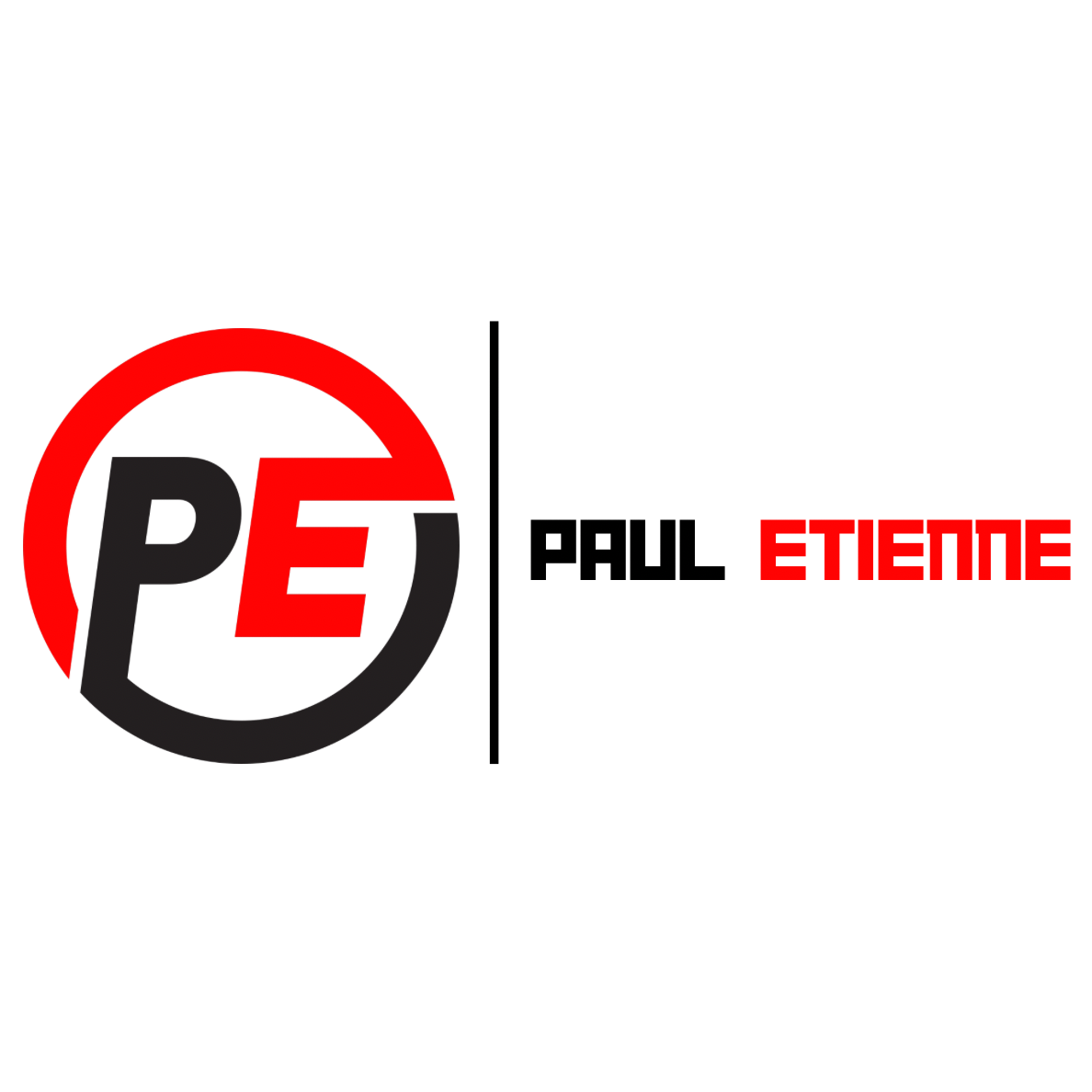In today’s rapidly evolving financial landscape, the importance of ethics in financial decision-making cannot be overstated. As businesses and individuals navigate complex financial transactions and investments, ethical considerations play a pivotal role in shaping the outcomes and reputation of those involved. In this article, we will delve into the crucial role of ethics in modern financial decision-making.
The Foundation of Ethical Financial Decision-Making
Ethical financial decision-making is built on a foundation of principles that guide individuals and organizations in conducting themselves responsibly and with integrity. Some core principles include:
- Honesty: Always providing accurate and transparent information in financial dealings.
- Fairness: Ensuring that financial transactions are equitable and just for all parties involved.
- Responsibility: Acknowledging one’s obligations and taking actions that consider the well-being of stakeholders.
- Accountability: Being answerable for financial decisions and their consequences.
- Integrity: Upholding high moral and ethical standards in all financial dealings.
The Impact of Ethical Financial Decision-Making
- Trust and Reputation: Ethical behavior fosters trust among clients, investors, and the public. A reputation for ethical financial practices can lead to increased business opportunities and long-term success.
- Legal Compliance: Adhering to ethical standards helps organizations comply with financial regulations and avoid legal complications.
- Stakeholder Satisfaction: Ethical decisions prioritize the interests of all stakeholders, including employees, customers, and shareholders, leading to greater satisfaction and loyalty.
- Risk Mitigation: Ethical financial practices reduce the risk of financial scandals, lawsuits, and damage to an organization’s brand.
Ethical Challenges in Modern Finance
Modern financial decision-making faces numerous ethical challenges, including:
- Conflict of Interest: Balancing personal interests with professional responsibilities can lead to ethical dilemmas.
- Complex Financial Instruments: The opacity of some financial products can make it difficult to assess their ethical implications.
- Pressure to Achieve Targets: The pursuit of profit can sometimes overshadow ethical considerations, leading to unethical behavior.
- Globalization: Operating in diverse global markets requires navigating varying ethical standards and cultural norms.


